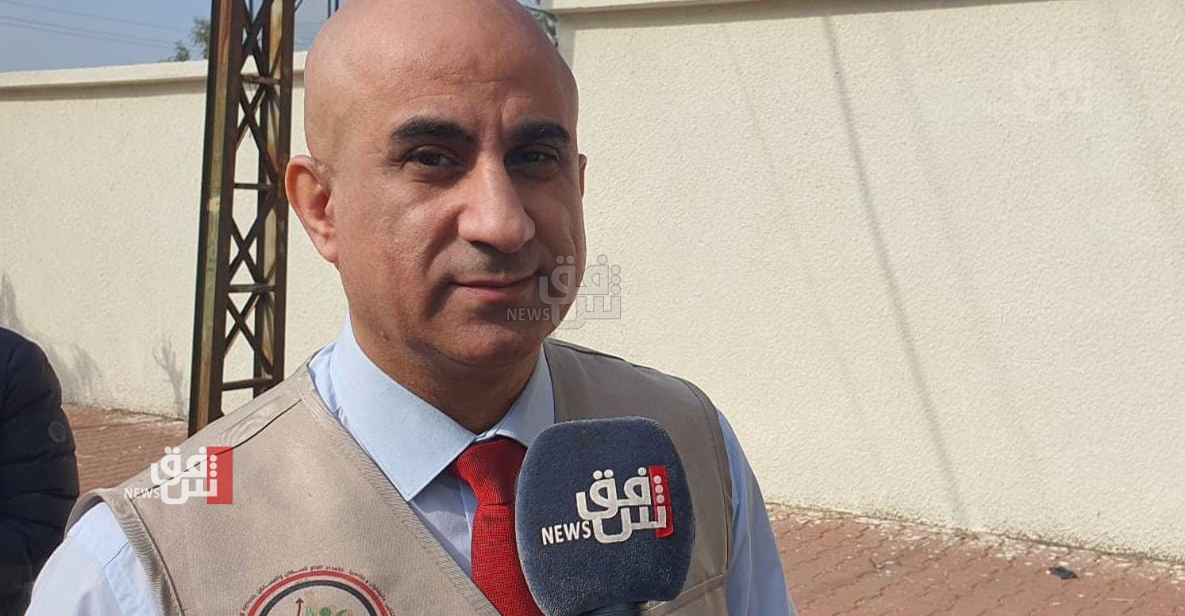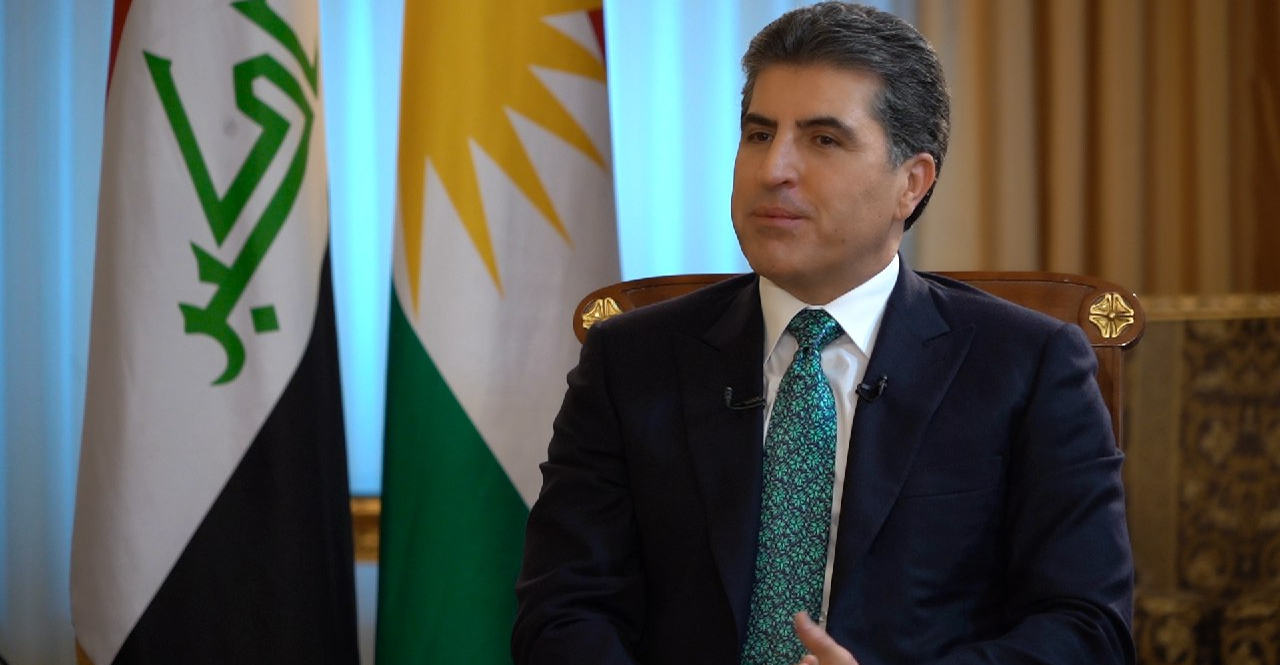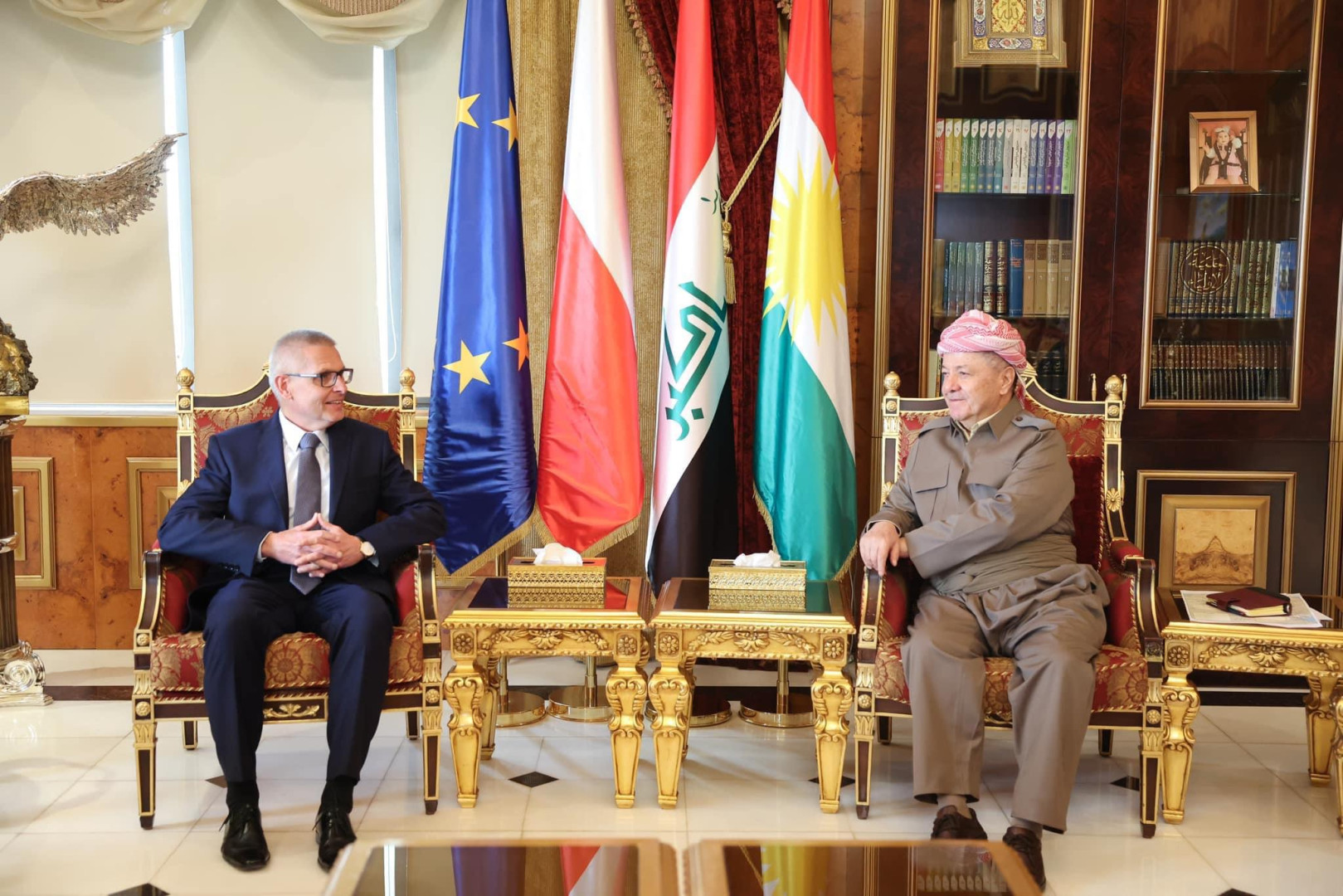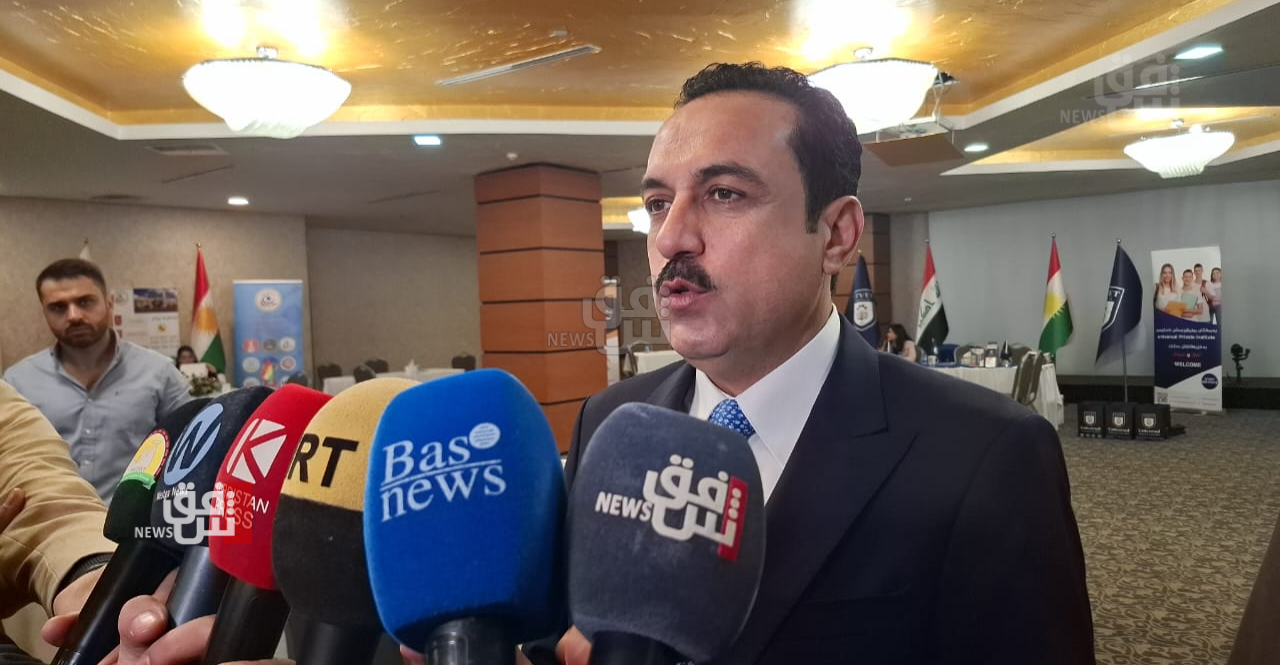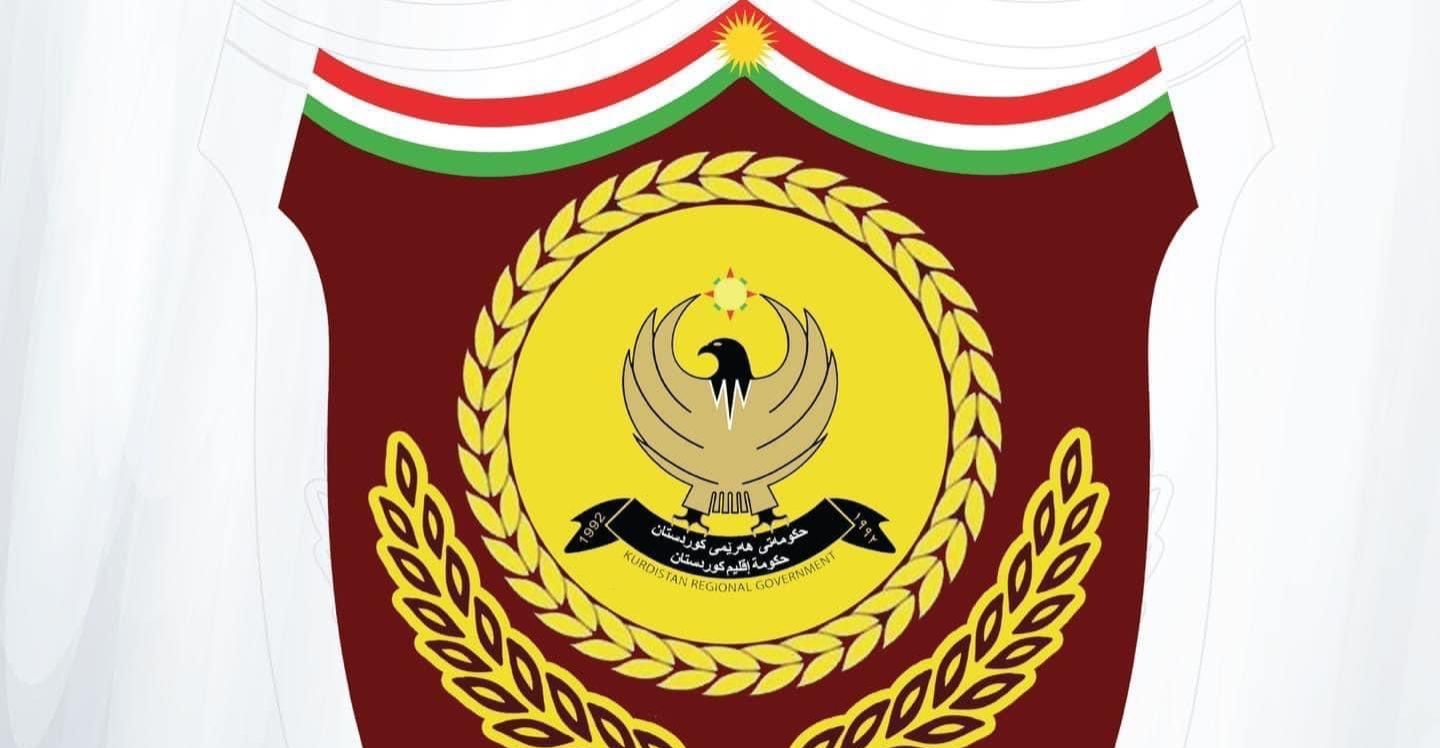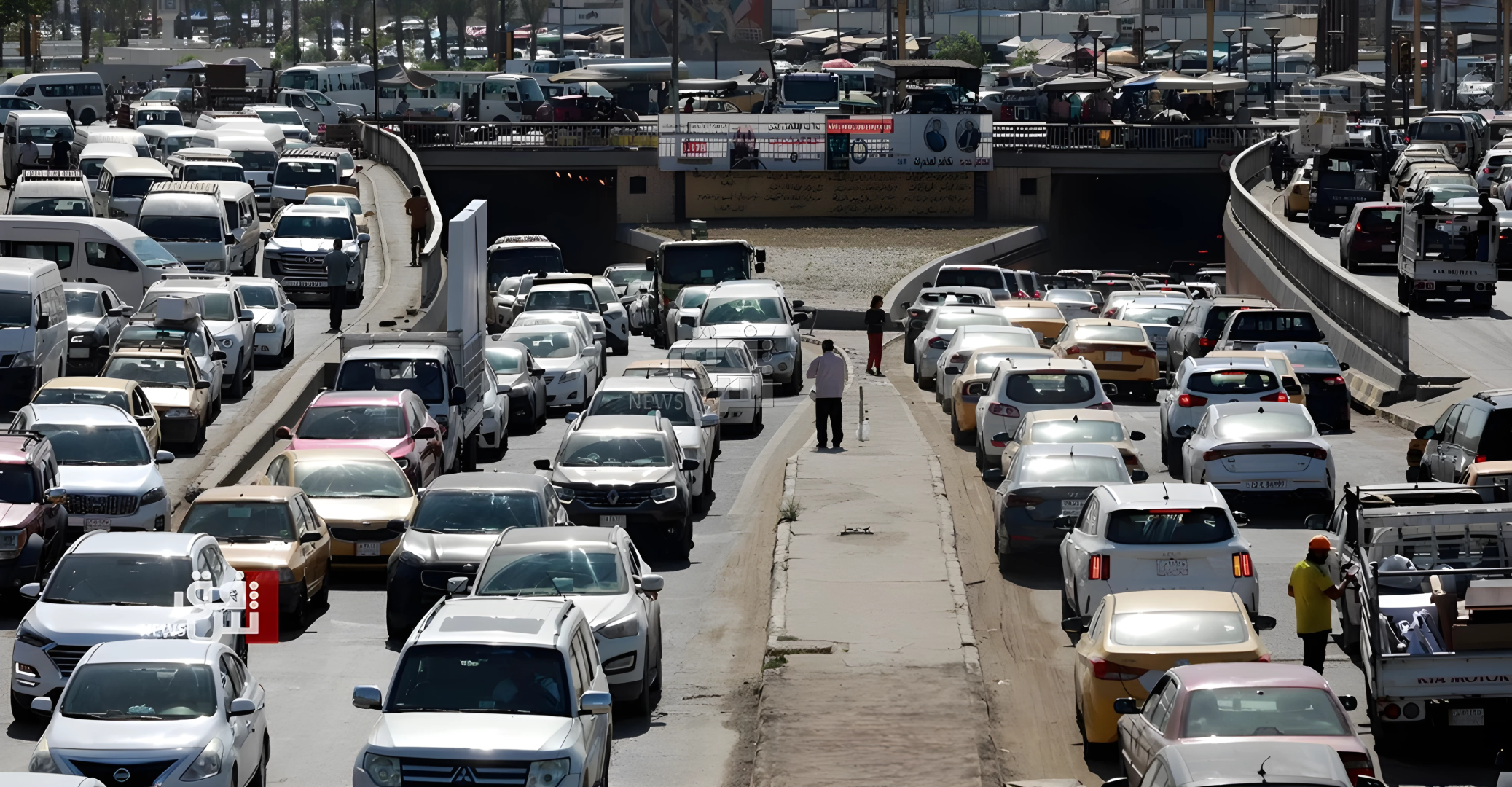KRG reports budget deficit, calls for Baghdad’s compliance
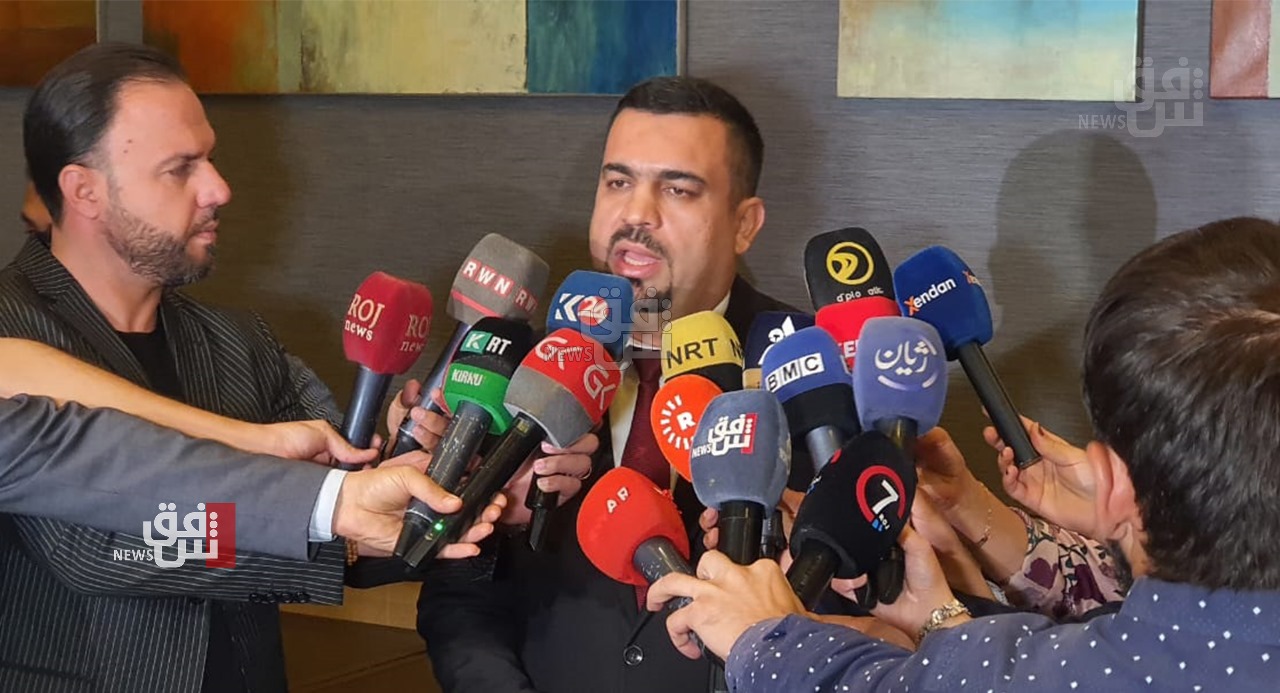
Shafaq News / The Ministry of Finance and Economy in the Kurdistan Region (KRI) announced, on Saturday, a financial deficit of over 300 billion dinars in salary payments for government employees and workers in the public sector for the month of June. These payments were distributed in the current month of August.
Kurdistan’s Regional Government (KRG) is facing challenges in paying the salaries of its employees as it finds itself unable to rely on local revenues solely.
This financial crisis arises from an arbitration case filed by the Iraqi government with the Arbitration Board of the International Chamber of Commerce in Paris against Turkey concerning crude oil exports from KRI through the Turkish port of Ceyhan without the involvement of the Iraqi Oil Marketing Company "SOMO."
As a result of the arbitration decision, the export of KRI's oil, which amounted to 480,000 barrels per day, has been suspended since March 25 and has not yet resumed. The broken flows represent only about 0.5% of the global oil supply.
Furthermore, the Iraqi draft budget law for 2023 stipulates that Iraq must export 3,500,000 barrels per day, including 400,000 barrels from KRI, at a rate of $70 per barrel, with a significant portion of it being shipped via the Turkish port of Ceyhan.
According to the Kurdish Minister of Finance and Economy, Awat Janab Noori, KRG received a monthly sum of 720 billion dinars from oil revenues, which had previously covered 80% of salary expenses, with the remaining amount sourced from local revenues. However, local revenues alone have proven insufficient to meet salary payments.
Minister Noori expressed severe concern over the financial crisis, stating that the KRG cannot cover salaries from local revenues alone. He hoped the Iraqi government would take necessary actions to resume KRI's oil exports, thereby generating additional revenue for the Region.
Moreover, Honar Jamal, spokesperson for the Ministry, conveyed today, "This month, a deficit of 321 billion dinars was reported, which was covered by internal revenues. The local income caters not only to salaries but also encompasses the Kurdistan Regional Government's (KRG) expenditure on services, prioritizing ministries, institutions, lecturers' dues, cleaning services, green spaces creation, as well as food supply for prisoners."
Addressing the issue of sending KRI's budget share, the spokesperson stated, "We have presented these figures in detail to the Iraqi government, the Ministry of Finance, and the Financial Control Bureau, who conducted a comprehensive examination in this matter."
He continued, affirming that "KRI has fulfilled all its commitments" and requested the Iraqi government to "abide by the Financial Budget Law and send KRI's share on time."
Jamal further confirmed that "the General Directorate of Customs and relevant authorities maintain constant communication with the Iraqi government to standardize customs tariffs across all land and air border crossings in Iraq."
He added that "some Iraqi border crossings do not adhere to uniform regulations, leading to a reduction in trade through certain border crossings in KRI. This has sometimes compelled traders to resort to other border crossings to import their goods due to lower taxes and fees."
"We have established a Customs Surveillance Directorate overseeing incoming goods from southern and central Iraqi cities into KRI. Any trader not paying the necessary customs fees will be held accountable."
He continued, "Due to the government reforms we have undertaken in customs and crossings with the assistance of relevant ministries within KRG's program between 2019 and 2022, trade volume with neighboring countries, particularly Iran, has increased by around 2.5 trillion dinars."

